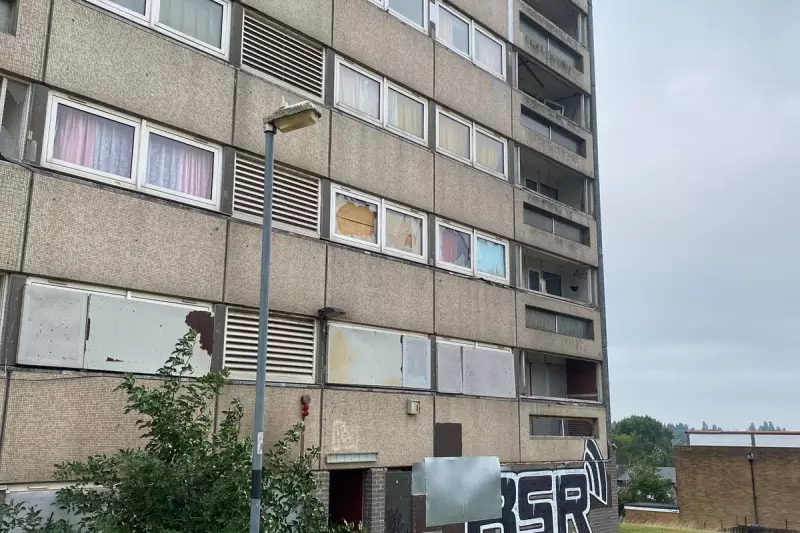
Birmingham is facing a devastating health crisis as new figures expose a staggering 12-year life expectancy gap between the city's most affluent and most deprived communities. The alarming disparity paints a bleak picture of inequality across England's second city.
The Shocking Numbers Behind Birmingham's Health Divide
Recent analysis reveals that residents in Birmingham's wealthiest areas can expect to live up to 12 years longer than those in the most impoverished neighbourhoods. This isn't just a statistic—it represents thousands of lives cut short due to postcode-based health inequalities.
The data, compiled from multiple health and deprivation indices, shows a clear pattern: where you live in Birmingham dramatically impacts how long you're likely to live. The most affected areas, primarily in inner-city locations, show life expectancy figures that would be more expected in developing nations than in one of Britain's major urban centres.
Understanding the Deprivation Crisis
Health experts point to multiple interconnected factors driving this alarming gap:
- Economic hardship: Higher unemployment and lower incomes in deprived areas
- Healthcare access: Reduced availability of GP services and longer waiting times
- Lifestyle factors: Higher rates of smoking, obesity and poor nutrition
- Environmental issues: Poorer quality housing and higher pollution levels
- Educational disparities: Lower health literacy and awareness
A City-Wide Challenge Requiring Immediate Action
Local health authorities and Birmingham City Council have acknowledged the severity of the situation. The data underscores the urgent need for targeted interventions in the most affected communities.
Public health officials emphasise that closing this gap requires more than just healthcare solutions. A comprehensive approach addressing housing, education, employment and environmental factors is essential to tackle the root causes of health inequality.
"This isn't just a health issue—it's a social justice issue," one public health expert commented. "When your postcode determines your lifespan, we have a fundamental problem that requires systemic change."
The Road to Recovery
While the figures are sobering, health leaders stress that progress is possible through coordinated efforts between healthcare providers, local government and community organisations. Early intervention programmes, improved access to preventive services, and community-led health initiatives are already showing promise in some of Birmingham's most challenged neighbourhoods.
The journey toward health equality in Birmingham will be long, but acknowledging the scale of the problem is the first step toward meaningful change for the city's most vulnerable residents.





